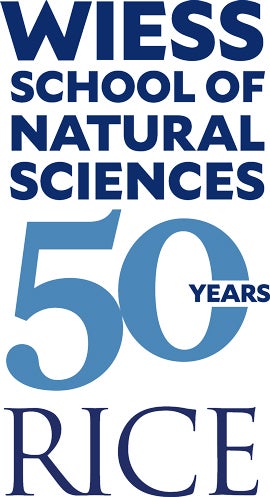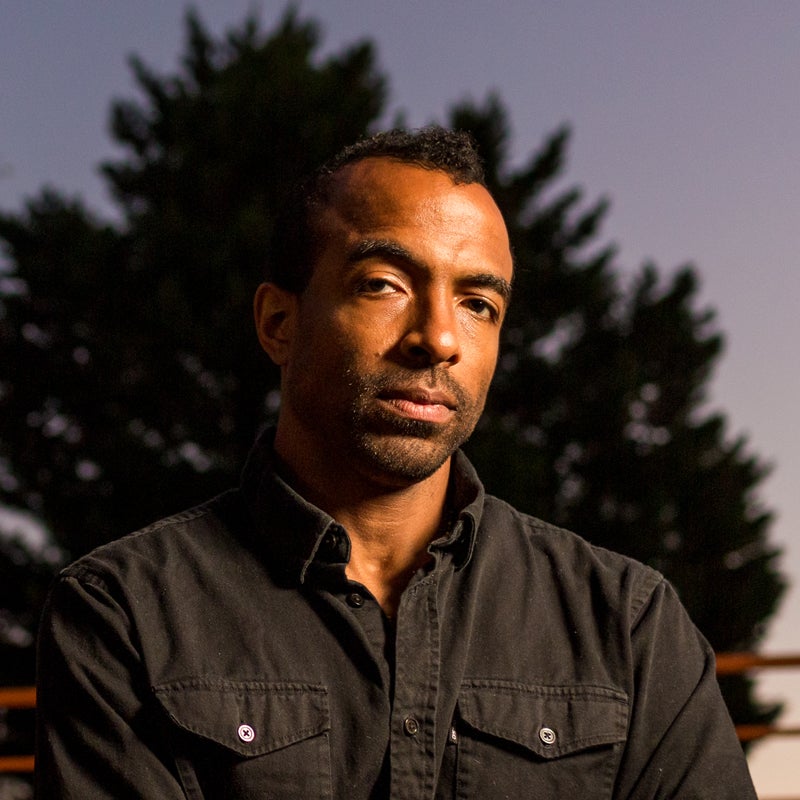Mark Little ’08 defies definition. He’s a scholar, writer and composer; a policy analyst, community organizer and leader of a multi-state effort to create equitable economies, jobs and wealth in distressed communities; and a Ph.D.-trained geoscientist and past president of the Geological Society of America (GSA) who hasn’t worked as a full-time scientist since graduate school.

“People define themselves in different ways, and for some people, their job or profession kind of is who they are. I don’t really do that,” said Little. “If I ended up learning brick-laying at some point, and wound up doing that, it wouldn’t fundamentally change who I am. The only job that has sort of become who I am, in a permanent way, is being a father.”
Little earned his Ph.D. in the research group of Earth, Environmental and Planetary Sciences’ Cin-Ty Lee and has spent more than a decade at the University of North Carolina at Chapel Hill, where he is executive director of NCGrowth. A national nonprofit economic development center, NCGrowth works with businesses, local governments, tribal governments and other organizations in economically distressed regions in multiple states.
Little’s career path has followed few straight lines. He was accepted to Harvard in high school but considered forgoing college to become a musician. “But there’s this other thing I want to do,” he recalled, “which is be an astronaut. It’s like, ‘If I’m gonna be an astronaut, then I need to know some science.’”
He studied astrophysics but was attracted to the hands-on nature of oceanographic and geologic fieldwork. And he wound up at Rice because an undergraduate mentor strongly advised him to place equal or greater emphasis on his choice of graduate advisor as his choice of graduate program.
“As soon as I met Cin-Ty, I was like, ‘Okay. I can work with this guy.’ I picked Rice because of Cin-Ty, completely.”
The two are kindred spirits and have become lifelong friends. Polymaths, each is wont to follow his heart and curiosity. And that tracks with the most important lesson that Little says he learned from Lee.
“For me, that was his description of what a Ph.D. is,” Little said, “which is: Learning how to answer any question.”

Little said people often equate earning a Ph.D. with mastering a specific area of expertise.
“That happens. By the time you’re done, no one knows this particular topic better than you,” he said. “But that process that you went down, that’s what you’ve actually learned. And Cin-Ty taught me that you can repeat that process any time you have a question, whatever it is.”
If pressed to define himself, Little chooses to focus on inspiration and aspirations.
“At any point, I’ve sort of said, ‘What are the things that are driving my interests,’” he said. “Whatever it is, even being an astronaut, the driving reasons for any of the things I want to do are discovery, helping people and being a good steward of the planet.”
And if there is a defining skill on his resume, he said it’s likely the one he learned from Lee.
“I’m not going to pretend that just having my Ph.D. means anything in the work that I’m doing today,” Little said. “As a degree, it doesn’t translate. What does translate is the idea that I can start, not knowing anything about something, and be like, ‘Okay. Give me some time, and I can figure out something useful in this field.’”

